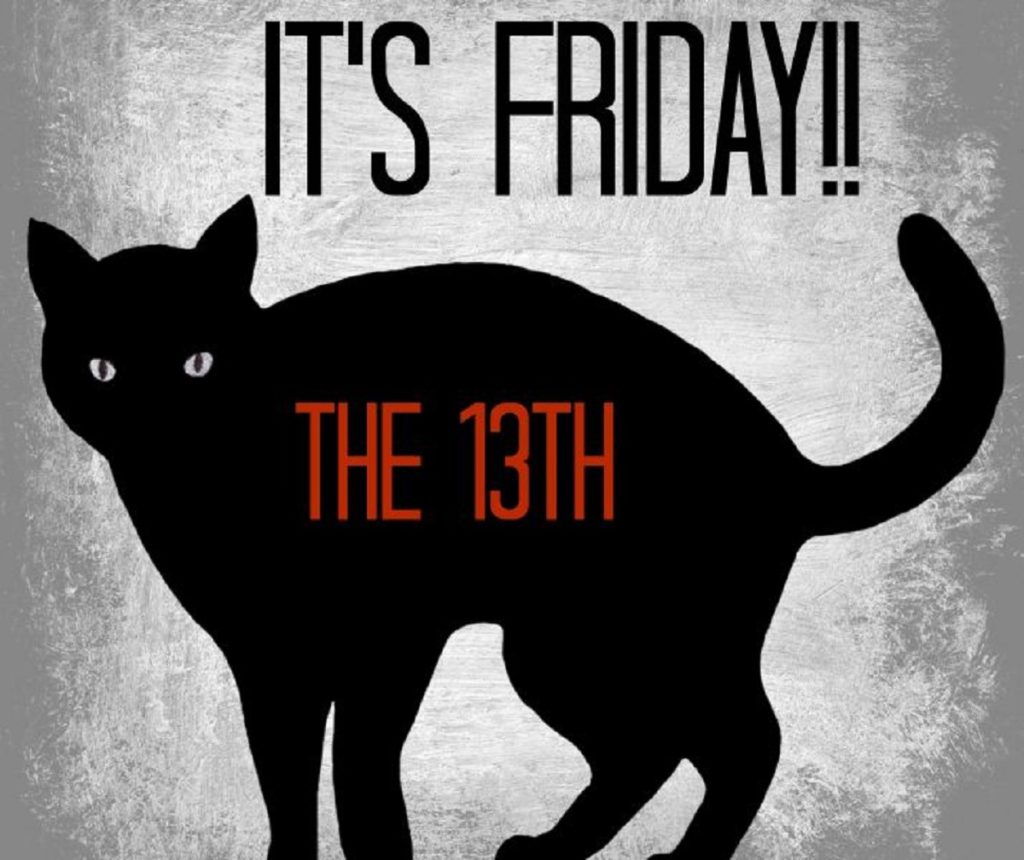It’s Friday the 13th – a day wrapped in superstition, mystery, and just a bit of irrational fear. Whether you believe it’s cursed or simply another date on the calendar, there’s no denying its eerie reputation.
What’s in a name?
The fear of this day even has a name: Paraskavedekatriaphobia. Yes, it’s a mouthful—formed from the Greek words Paraskevi (Friday), dekatreis (thirteen), and phobia.
Interestingly, in Greece and many Spanish-speaking countries, it’s Tuesday the 13th that’s considered unlucky, not Friday.
Where did the superstition come from?
There are a few theories behind the fear of Friday the 13th:
-
On Friday, October 13, 1307, King Philip IV of France ordered the arrest of the Knights Templar, many of whom were tortured or executed.
-
According to Christian tradition, Jesus was crucified on a Friday, and Judas Iscariot, the betrayer, was the 13th guest at the Last Supper.
-
In ancient beliefs, the number 12 symbolizes completeness (12 months, 12 Olympian gods, 12 apostles). The number 13 breaks that harmony—and that unsettles people.
Even computers weren’t spared
Back in 1988, a computer virus called “Friday the 13th” appeared in Israel. It activated only on that specific date, slowing systems and causing widespread concern at the time.
Hollywood loved it too
In 1980, the classic slasher film “Friday the 13th” brought the superstition to pop culture prominence. Despite poor reviews, it became a huge box office success and spawned numerous sequels, remakes, and even a crossover with A Nightmare on Elm Street.
So, should you worry?
Let’s be honest—most people won’t avoid work or driving today (though some do in the U.S., studies say). But if you’re feeling uneasy, take comfort in knowing you’re not alone—and maybe don’t walk under any ladders just in case. 😉















